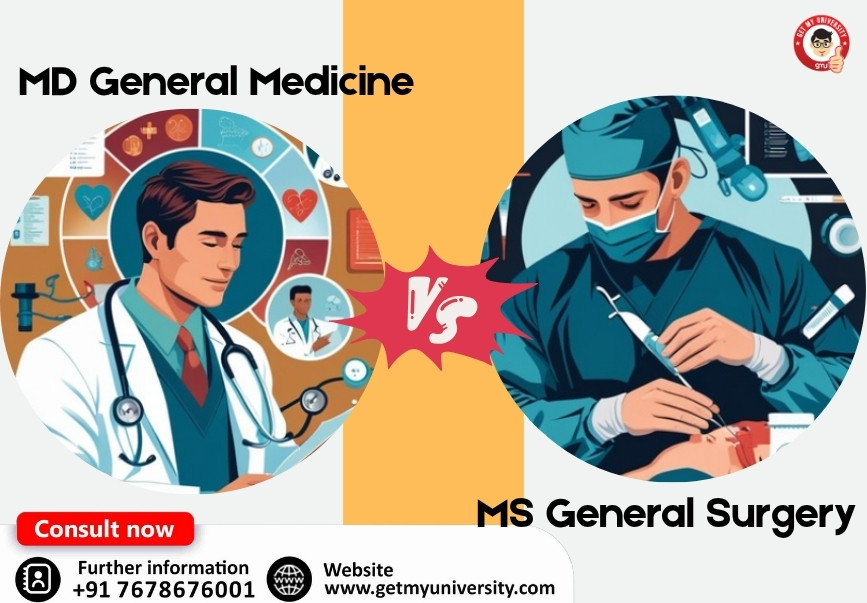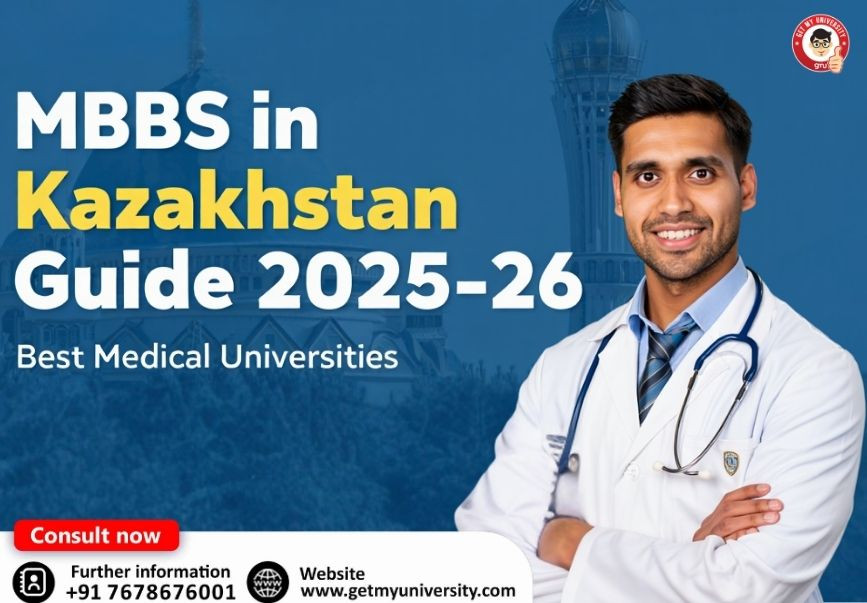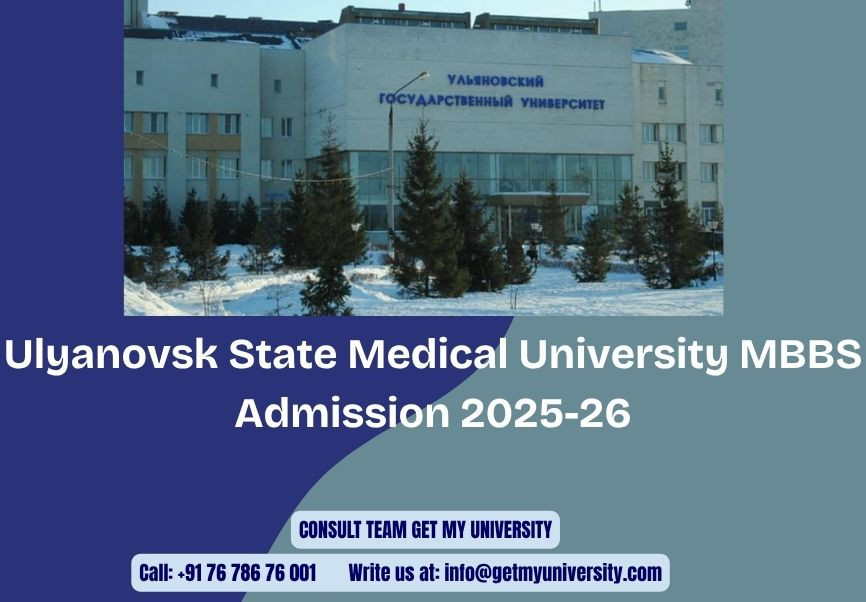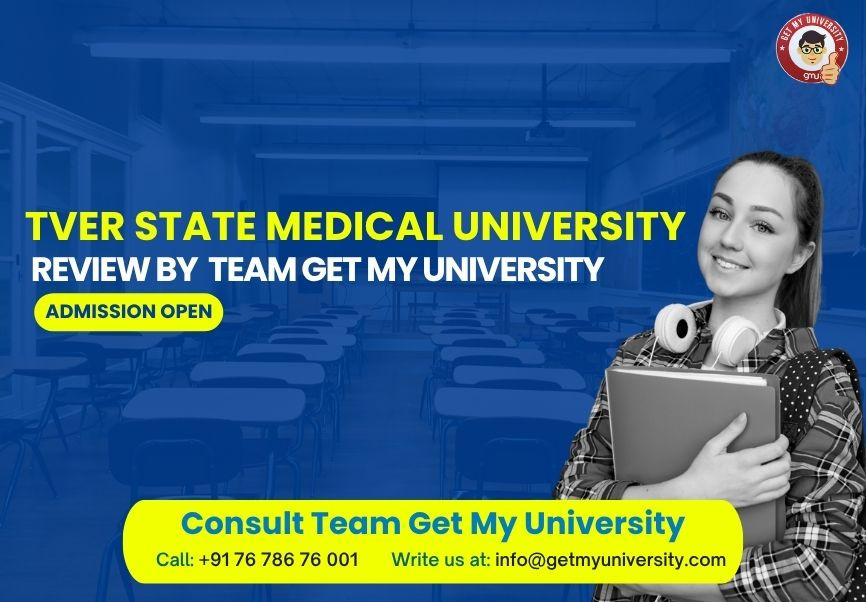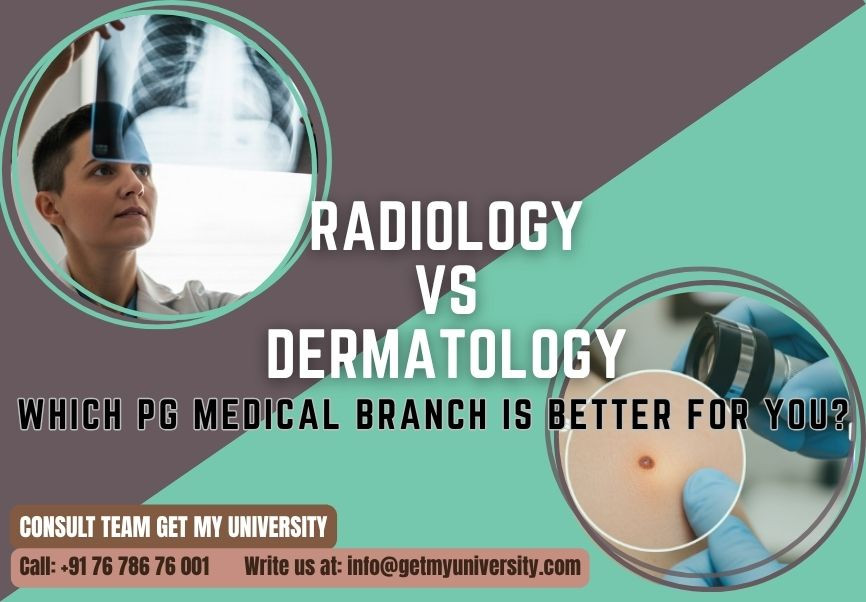Choosing between BDS (Bachelor of Dental Surgery) and MBBS (Bachelor of Medicine and Bachelor of Surgery) represents one of the most pivotal decisions aspiring medical professionals face today. Both pathways offer rewarding careers in healthcare, yet they diverge significantly in their approach, specialization, and prospects. This comprehensive analysis will illuminate the distinctive features of each program, empowering you to make an informed decision that aligns with your passion and career aspirations.
What is BDS and MBBS?
BDS specializes exclusively in oral health, focusing on the intricate world of dentistry. This specialized program cultivates expertise in dental procedures, oral surgery, orthodontics, and comprehensive mouth care, producing skilled dental practitioners who serve as guardians of oral wellness.
Conversely, MBBS is the cornerstone degree for general medical practice, encompassing comprehensive training in diagnosing, treating, and preventing various diseases across all human body systems. This prestigious qualification transforms students into licensed medical doctors capable of addressing diverse health challenges.
BDS & MBBS Course Duration
BDS Duration encompasses five years of intensive study, including four years of theoretical and practical learning complemented by a one-year compulsory internship. While slightly shorter than MBBS, the dental program maintains equally demanding academic standards and clinical requirements.
The MBBS Duration typically spans five and a half years, incorporating four and a half years of rigorous academic study followed by a mandatory one-year internship. This extended timeline ensures comprehensive exposure to various medical specialties and practical experience in real clinical environments.
BDS & MBBS Curriculum Structure
- BDS Curriculum
The BDS academic framework emphasizes dental-specific subjects while maintaining essential medical foundation knowledge. Students explore dental anatomy, oral pathology, dental materials, conservative dentistry, oral surgery, orthodontics, periodontics, and prosthodontics. This specialized curriculum ensures a comprehensive understanding of oral health complexities.
- MBBS Curriculum
The MBBS course structure follows a systematic progression through pre-clinical, para-clinical, and clinical phases. Students initially master fundamental sciences, including anatomy, physiology, and biochemistr,y before advancing to pathology, pharmacology, and microbiology. The clinical years immerse students in internal medicine, surgery, pediatrics, obstetrics, gynecology, and community medicine.
BDS & MBBS Fee Structure
BDS fees generally present a more accessible investment option. Government dental colleges usually charge INR 5,000 to INR 50,000 per year, while private institutions range from INR 2,00,000 to INR 15,00,000 annually. This relatively lower cost makes dental education financially viable for broader student demographics.
MBBS fees vary dramatically across institutions and regions. Government medical colleges typically charge between INR 10,000 to INR 1,00,000 annually, while private institutions may demand INR 10,00,000 to INR 25,00,000 per year. International medical programs can cost significantly more, often exceeding INR 30,00,000 annually.
BDS & MBBS Career Scope
- BDS Career Opportunities
BDS professionals benefit from focused specialization advantages in the growing oral healthcare sector. Career paths encompass private dental practice, hospital-based dentistry, specialized treatments like orthodontics and oral surgery, dental research, and academic positions. The increasing awareness of oral health importance creates expanding opportunities in cosmetic dentistry, dental tourism, and innovative treatment technologies.
- MBBS Career Prospects
MBBS graduates enjoy expansive career possibilities spanning clinical practice, research, academia, and healthcare administration. Opportunities include establishing private clinics, joining hospitals, pursuing specialized residencies, engaging in medical research, or contributing to public health initiatives. The versatility of medical training opens doors to pharmaceutical companies, medical writing, healthcare consulting, and international medical missions.
BDS & MBBS Admission Process
- NEET Examination
Both BDS and MBBS admissions primarily depend on NEET (National Eligibility cum Entrance Test) performance. This standardized examination evaluates candidates' knowledge in physics, chemistry, and biology, serving as the gateway to medical and dental programs across India.
- Eligibility Criteria
Aspiring candidates must complete higher secondary education with physics, chemistry, and biology as core subjects, maintaining minimum percentage requirements specified by respective institutions. Age criteria typically range from 17 to 25 years, with relaxations for reserved categories.
- Counseling Process
Following NEET results, successful candidates participate in centralized counseling conducted by designated authorities. This systematic allocation process considers merit rankings, category reservations, and preferred institution choices to determine final admissions.
- Documentation Requirements
The admission process necessitates comprehensive documentation, including academic transcripts, NEET scorecards, category certificates, medical fitness reports, and character certificates. Proper document preparation ensures smooth admission procedures.
- Seat Allocation
Final seat allocation occurs through multiple counseling rounds, allowing candidates to upgrade their choices based on availability and merit positions. This transparent system ensures fair distribution of available seats across qualified candidates.
Specialization Opportunities: Advanced Career Paths
BDS practitioners access specialized fields such as oral and maxillofacial surgery, orthodontics, periodontics, endodontics, prosthodontics, and oral pathology. These advanced qualifications position dentists as highly skilled specialists commanding premium fees.
MBBS graduates can pursue numerous medical specializations, including cardiology, neurology, orthopedics, radiology, anesthesiology, and countless others through postgraduate programs. These specializations significantly enhance earning potential and professional recognition.
BDS & MBBS Earning Potential
BDS earning potential demonstrates impressive growth trajectories, particularly in metropolitan areas where oral health awareness drives demand. Beginning dentists earn INR 2,00,000 to INR 6,00,000 annually, while experienced practitioners with established practices frequently achieve higher income levels through diverse treatment offerings.
MBBS salary structures vary widely based on specialization, location, and practice type. Fresh graduates typically earn INR 3,00,000 to INR 8,00,000 annually in employment settings, while established practitioners can generate substantial incomes through private practice. Specialized doctors often command premium consultations and procedure fees.
Market Demand: Industry Growth Trends
The healthcare sector continues expanding rapidly, creating sustained demand for both medical and dental professionals. Aging populations, lifestyle diseases, and increased health consciousness drive a consistent need for medical services.
Dental healthcare experiences particular growth momentum due to rising cosmetic dentistry interest, preventive care awareness, and technological advancement integration. This specialized field benefits from relatively lower competition compared to general medicine.
Work-Life Balance: Professional Lifestyle Considerations
Medical practice often involves irregular hours, emergency calls, and high-stress situations requiring constant availability. However, the profound satisfaction of saving lives and improving health outcomes provides immense personal fulfillment.
Dental practice typically offers more predictable schedules with appointment-based patient interactions. This structure often facilitates better work-life balance while maintaining meaningful patient relationships and professional satisfaction.
Making Your Choice: What to Choose between BDS and MBBS?
Selecting between BDS and MBBS requires honest self-assessment of interests, aptitudes, and long-term goals. Consider your fascination with human anatomy versus specific oral health focus, tolerance for varied versus specialized practice, and preferred patient interaction styles.
Financial considerations, family expectations, and regional opportunities also influence this crucial decision. Remember that both pathways offer rewarding careers serving humanity while providing professional fulfillment and financial stability.




.jpg-82122.jpg)

